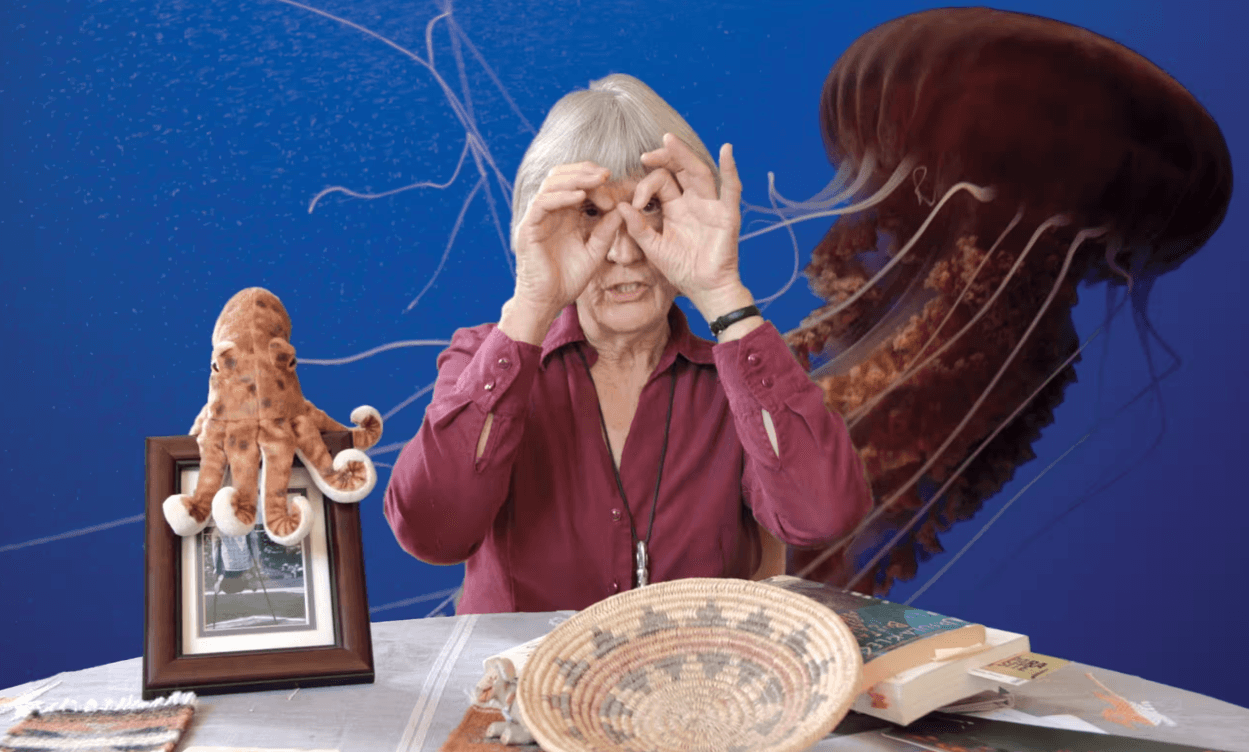In recent years, feminism has gained immense currency in the media and socio-political narratives. This embrace of feminism by mainstream discourses has been given various names such as pop feminism, celebrity feminism, corporate feminism, buzzword feminism, etc.
The main critique by other feminist factions is that such feminism is often a co-opted one; more decorative than functional. It detracts attention from grave issues and is instead preoccupied with the accoutrements of feminism: like a fixation on choice, facile understandings of empowerment, the advancement of privileged women at the expense of other women, etc. In her book We Were Feminists Once, Andi Zeisler says, “marketplace feminism is a way to promise potential detractors that feminism can exist in fundamentally unequal spaces without posing any foundational changes to them”.
Recent events exemplify this threat perfectly.
Earlier this month, the news was abuzz that Wonder Woman protagonist Gal Gadot had refused to be a part of the sequel unless producer Brett Ratner – who has been charged with sexual misconduct – was completely taken off the board from the next movie. The release of Wonder Woman earlier this year set a precedent for superheroine movies.
It detracts attention from grave issues and is instead preoccupied with the accoutrements of feminism.
Gadot’s casting was controversial because of her pro-IDF stance. Countries like Lebanon boycotted the movie along with disheartened feminist fans around the world. Nevertheless, it was a grand success, catapulting Gadot to worldwide fame. The public denouncement of Ratner was followed by social media posts celebrating Gadot’s feminism and her support of fellow actresses. She was pronounced a true Wonder Woman, both ‘a hero we need and deserve’.
A few days later, this was negated by a medium post published by a former colleague of Gadot’s. In the harrowing personal account, the survivor alleged that Gadot is a bully and a predator. In their time together in Italy, when the survivor was raped by a mutual friend, it was Gadot’s behaviour defined by rape apologia and victim-blaming, that further traumatized her.
The post was soon taken down and what largely followed was a jarring silence on Gadot’s part and the media platforms which had readily crowned her a hero. This clear silencing of the survivor – her account being suspended on Medium (a public platform) – is indeed suspicious. You would hope that a feminist would address such serious allegations, but our deserved ‘hero’ didn’t.
In the post-Weinstein world, it should be obvious that as feminists, our job is to believe survivors. It’s wise to remember Gadot’s survivor’s words, ‘Highly skilled predators in our society manage to land roles where they cultivate public trust.’ The patriarchal stronghold of society that perpetuates gender-based violence is upheld not only by men but women too.
Also Read: Hey, Feminazi! On Deconstructing The Ignorance Behind The Term
As a large part of the world is slowly realising that abuse is ubiquitous, we need to remember that women can also be abusive, sexist and misogynistic, even those we call or who call themselves feminists. Some international examples include Miki Agrawal, Sophia Amoruso and Lena Dunham.
In recent times, the debates following Raya Sarkar’s List have shown us that our own feminist icons cannot be bereft of fault and criticism. I am positive that in our country of one billion people and counting, there must exist feminists who abuse their power.
Meanwhile, the phrase ‘sheer irony’ was incarnated as Ivanka Trump took the stage to talk about women’s empowerment, just as the patriarchal fuss over Dr Hadiya’s marriage made a mockery out of her constitutional rights. Trump’s brand of corporate feminism has been criticised before and needs no introduction.
In the post-Weinstein world, it should be obvious that as feminists, our job is to believe survivors.
But her grand welcome, and the centre stage given to her by the State – to rave about women’s entrepreneurship, as women workers in her factories continue to suffer – is perhaps revealing of which women our government wants to empower. In fact, this brand of feminism that only empowers upper caste/class and elite women fits in very well with the patriarchal and Brahmanical judiciary that made it possible for a 24-year-old woman to be infantilised by the highest court in the land. This court sponsored violation of Hadiya’s rights clearly crumbles all illusions of how far we’ve come.
Is the mainstreaming of feminism a bad thing? There is no easy answer. Feminism cannot and should not be locked up in the ivory towers of academia or any such inaccessible establishment. If young girls find their first feminist stimulus in ads or commercial films or even internet memes, then so be it.
Feminism is first and foremost an embodied experience and creating hierarchies within it, is the antithesis of what it stands for. But then, we must advance from our primary stance and develop it.
Feminism can be glamorous, but we cannot forget that it involves hard work that includes constant learning and unlearning, and a critical outlook not just of the world but also yourself. It is easier today to pick up the sash of feminism, especially when a palatable display of it is in demand. In these times, when feminism has become part of mainstream culture, it is even more important to hold it up to higher standards.
Also Read: 101 On Solidarity: What Does It Even Mean?
Featured Image Credit: Wikipedia and Twitter
About the author(s)
Nolina Minj is a freelance writer and researcher. She is a gender and decolonial studies enthusiast, book hoarder and Hispanophile.





Pro-IDF=pro-decolonization of the Jewish homeland
The Thing about Gal Gadot rape shaming is fake. It was a made up story by a hater of Gal Gadot, learn to have reliable resources and not to trust internet source all the time.